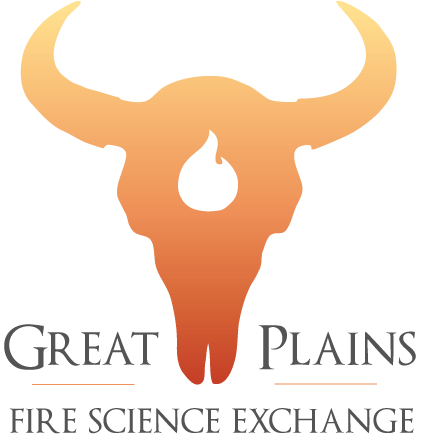K-12 Education
This video is one of the eleven from the 2013 Patch Burn Grazing Conference
This video features Bill Waln FMO at the Fish and Wildlife Service discussing how to construct and use sandtables for for prescribed fire training. Sandtables can be useful for burn bosses to work through fire operations in a safe environment. Contingency planning is also beneficial with these tools.
Smoke management from prescribed fires is a big concern for metropolitan areas. Learn how Kansas developed a smoke management plan and developed tools for burners to use to protect air quality while meeting land management objectives.
Watch Sam Fuhlendorf describe why fie is an integral part of range management and how that perspective can advance the field. This was a recorded address for the plenary session of the Society for Range Management’s 66th annual meeting in Oklahoma City.
Watch Tom Swetnam describe how fire management is changing in response to climate change. This was a recorded address for the plenary session of the Society for Range Management’s 66th annual meeting in Oklahoma City.
Watch Dale Rollins describe how fire in rangelands has changed. This was a recorded address for the plenary session of the Society for Range Management’s 66th annual meeting in Oklahoma City.
This is a recorded presentation by a team of Kansas State University partners involved in the development and implementation of the Flint Hills smoke management plan. This presentation was sponsored by the Oak Woodlands Fire Consortium and Great Plains Fire Science Exchange.
Landowner discussion panel at the Patch Burn Grazing Annual meeting, Elmdale, KS, August 28-29, 2012. Landowner panel:Jane Koger, Bill Sprouls, and Ed Koger. Panel moderated by Brian Obermeyer.

